
You're showering wrong! Doctor reveals common washing error that could be life-threatening
Showering is an essential part of daily hygiene, but the temperature of the water can have significant effects on your health.
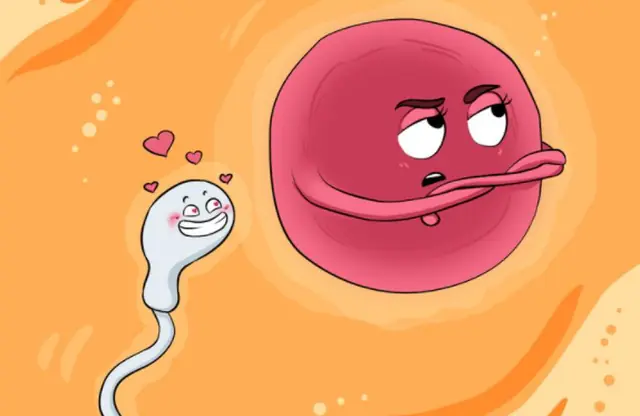
The Egg Chooses: A Groundbreaking Discovery in Human Fertility
Forget the old notion of the "sperm race" where only the fastest swimmer wins. Recent research from Stockholm University has flipped the narrative, revealing that human eggs actually play a key role in selecting sperm. This groundbreaking study uncovers that the egg releases chemical signals to attract specific sperm and even reject others. This means that fertilization is not just about the fastest sperm but a biological matchmaking process—where the egg holds the power of selection.
The Discovery That Could Change Our Understanding of Fertility
The traditional understanding of conception has always focused on the sperm’s race to the egg. Sperm are considered to compete fiercely to fertilize the egg, but this new study introduces a fascinating shift. The egg isn’t a passive player—it actively participates in selecting the sperm that will fertilize it. This insight brings us closer to understanding the complexity of fertility, conception, and evolution itself.
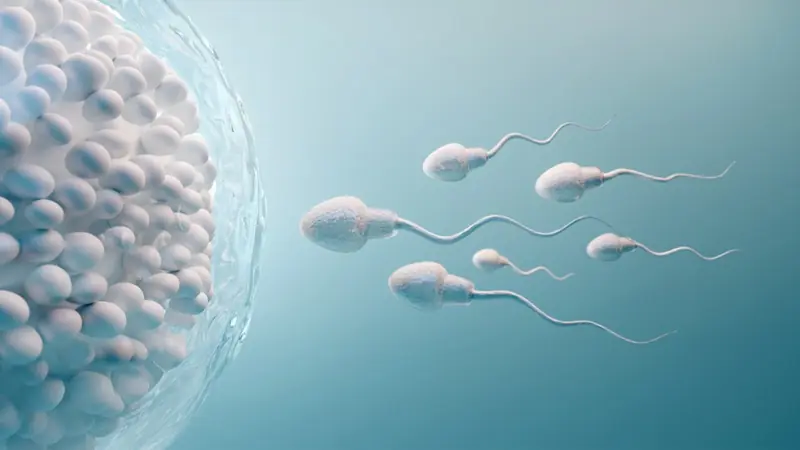
How the Egg Chooses
The research conducted by scientists at Stockholm University demonstrates that eggs release specific chemical signals to attract sperm with certain characteristics. The process, known as "chemical signaling," allows eggs to guide sperm toward fertilization by responding to signals in the sperm's chemistry. These signals help the egg differentiate between the sperm that are most likely to successfully fertilize and those that may not be a suitable match.
Interestingly, this discovery suggests that the egg can reject sperm that don't fit certain criteria, such as sperm carrying genetic abnormalities. This could be a form of quality control to ensure that only the healthiest and most viable sperm make it to fertilization.
Implications for Fertility and Evolution
This new understanding could have significant implications for human fertility treatments, such as in vitro fertilization (IVF). By understanding how eggs select sperm, fertility specialists might develop more effective methods for aiding conception and improving success rates for IVF procedures.
Furthermore, this research challenges traditional views on evolution and reproductive success. It suggests that rather than just being a race, fertilization is a much more complex process that involves mutual cooperation between sperm and egg. This could lead to new perspectives on how species evolve and adapt through reproductive mechanisms.
The Takeaway: It's Not Just a Race—It's a Matchmaking Game
This discovery invites us to reconsider the entire process of conception. It's not simply a race to the egg. The egg plays a more active, selective role in determining which sperm will successfully fertilize it. This shift in understanding fertility could have a profound impact on reproductive science, fertility treatments, and our broader understanding of human biology.
Sources:
Stockholm University, Breakthrough Study in Human Fertility
Relevant academic articles on chemical signaling and egg-sperm interaction

Showering is an essential part of daily hygiene, but the temperature of the water can have significant effects on your health.

Doctors and researchers are calling for more widespread education on the disease, urging men to take control of their health and seek help if they notice any symptoms.

The potential benefits of these medications in weight management should not overshadow the need for careful oversight and patient safety.


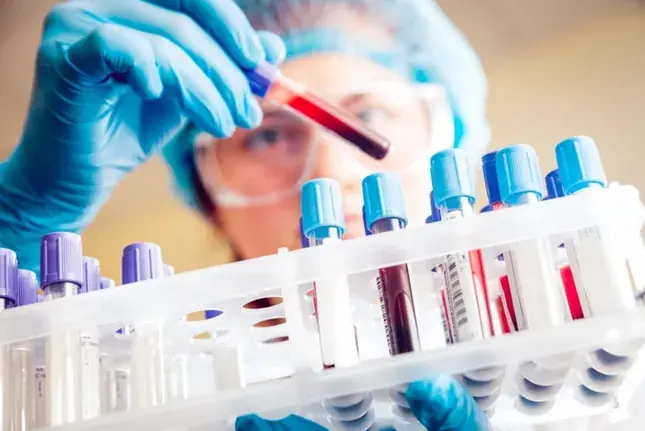











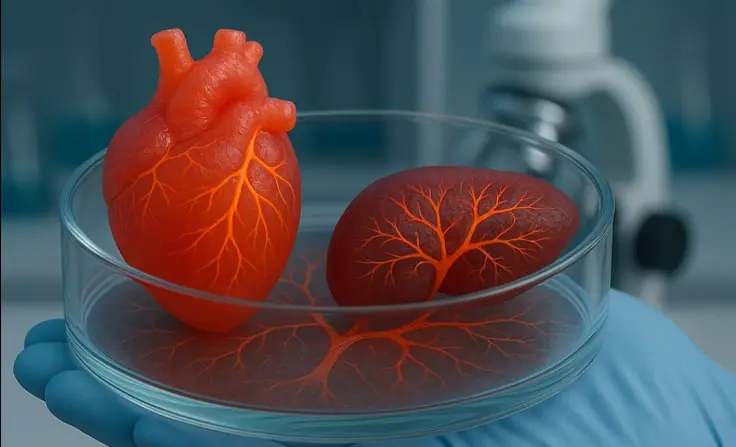
Stanford University researchers have developed heart and liver organoids with functional blood vessels, pushing the limits of regenerative medicine. This breakthrough opens doors to potential organ replacements and personalized tissue therapies for the fu
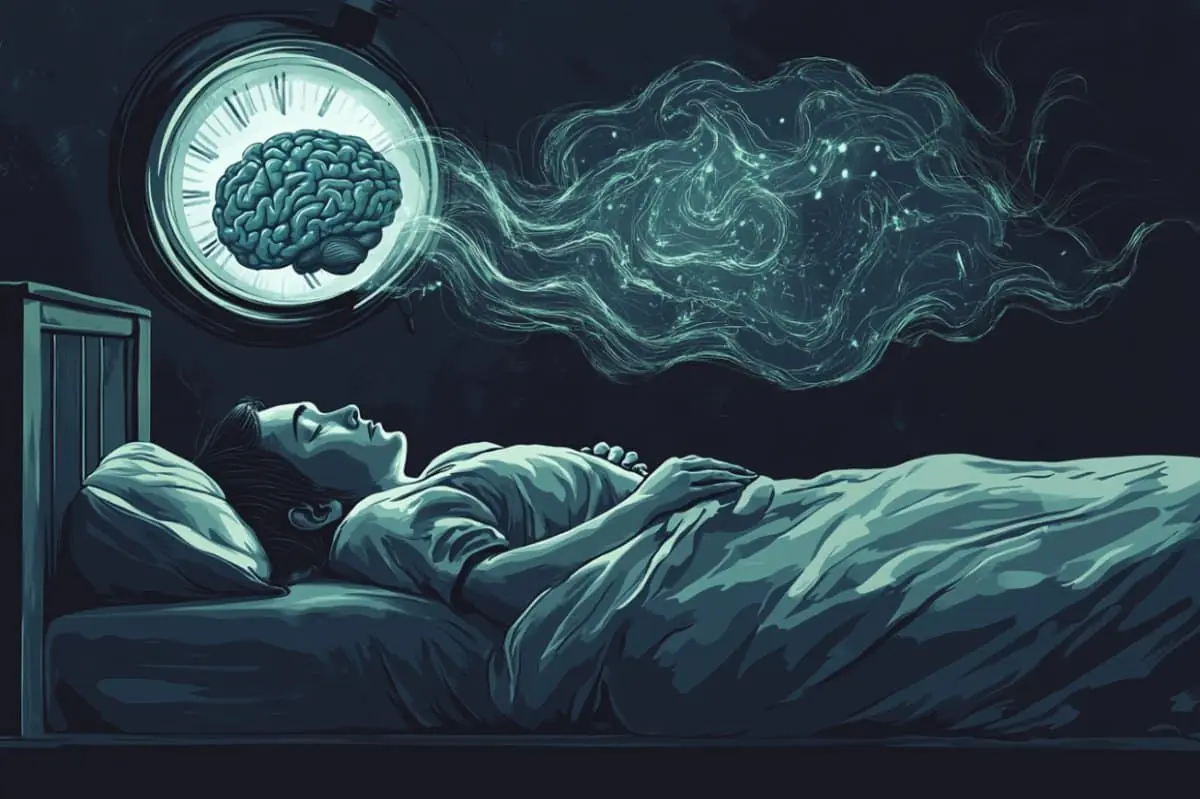
Research shows that sleeping over nine hours per night may lead to cognitive decline, especially in individuals with depression. Learn how excessive sleep impacts brain health and cognitive function, and how adjusting sleep habits could protect your well-

A couple's love is tested when a younger boyfriend proposes, only for the father to reject him. The ensuing anger and conflict threaten their relationship. Can they overcome explosive emotions and familial expectations? A heartfelt journey of love and und

Showering is an essential part of daily hygiene, but the temperature of the water can have significant effects on your health.

Doctors and researchers are calling for more widespread education on the disease, urging men to take control of their health and seek help if they notice any symptoms.

The potential benefits of these medications in weight management should not overshadow the need for careful oversight and patient safety.

You don’t need to spend a fortune on expensive skincare products-rice water and a few simple ingredients from your kitchen are all you need to transform your skin.

After his daughter disappeared without a trace, Robert Whitmore's search for answers leads him to uncover a chilling secret. Follow his journey of perseverance, love, and determination to reunite with his daughter in this gripping tale of mystery and fami

A mother's heartbreaking journey of love, betrayal, and self-discovery when her adopted twin daughters lock her out of the house. A shocking truth awaits as secrets unfold and families are tested.

The combination of natural, nutrient-rich ingredients in this DIY oil creates a powerful remedy that helps promote hair growth from the inside out, without the need for expensive treatments or chemical-filled products.

By incorporating this serum into your daily skincare routine, you’re not only nurturing your skin but also embracing the power of nature’s ingredients.

“My wife will buy an apartment — and I’ll immediately file for divorce, taking half the property.” Anya stumbled upon her husband’s messages where he was writing to someone.


A powerful story of forgiveness and renewal as a wife discovers the pa!nful truth behind her husband's past, ultimately leading to a deep and healing reconciliation. A tale of love, loss, and second chances that will stay with you.
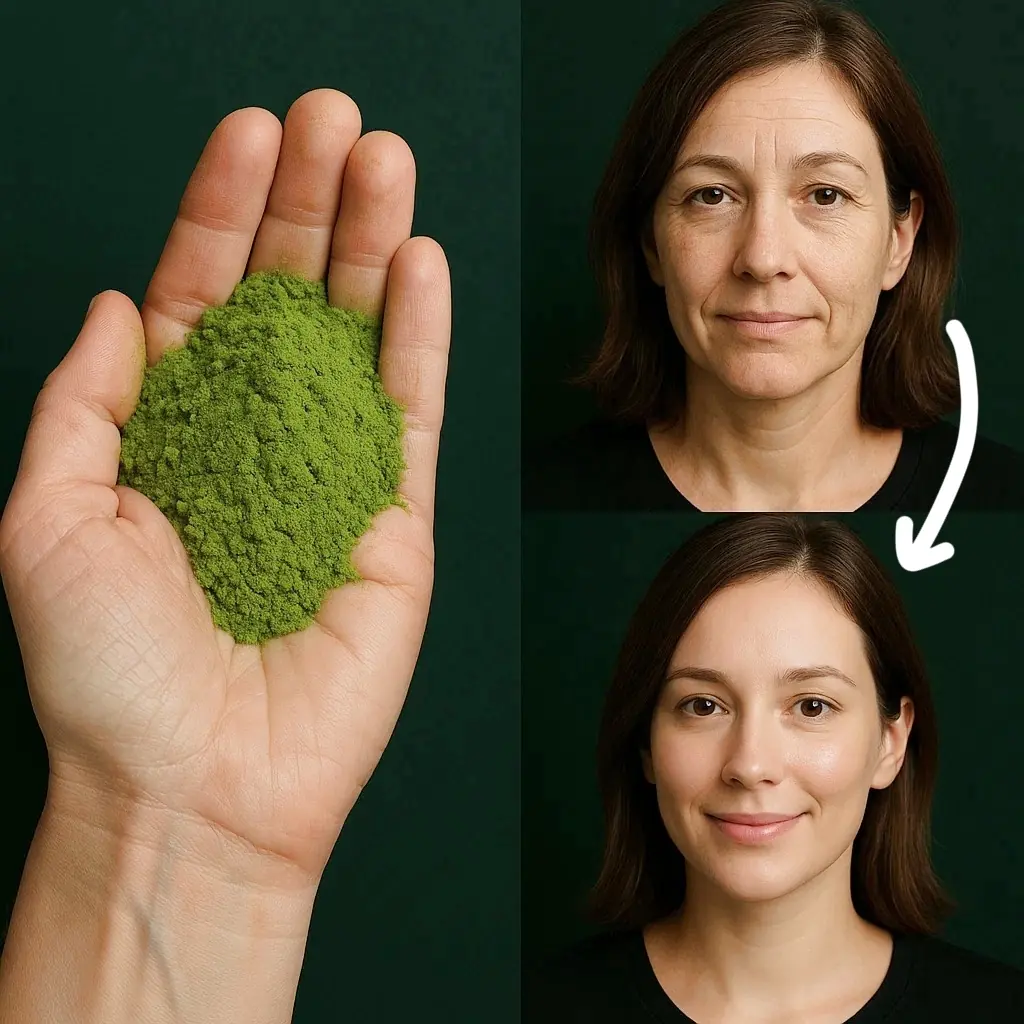
Each spoonful of this homemade blend provides your skin with the raw nutrients it needs to look and feel youthful.



I dressed in rags, hid my face beneath a worn-out hat, and stood on the street like a beggar—just to see what kind of man my granddaughter was marrying. I thought I was ready for anything. But what happened next left me speechless and changed everything


By using these simple and easily available ingredients, you can achieve smoother, healthier, and more youthful skin without the need for expensive skincare products or treatments.

She k!cked me out of her wedding over a dress, but I wore it to a brunch. The aftermath? A social media meltdown, a spiral, and a lesson in living well after betrayal. The power of confidence over jealousy.
